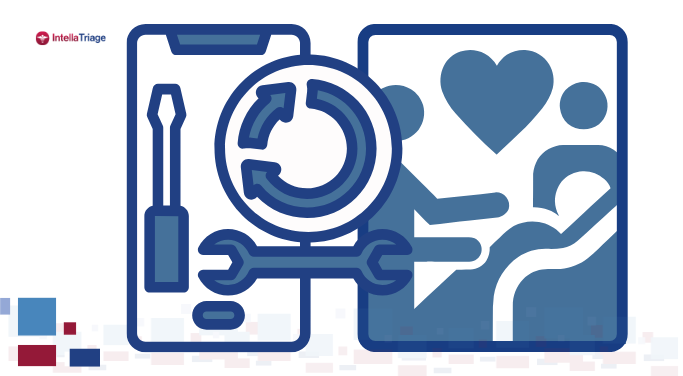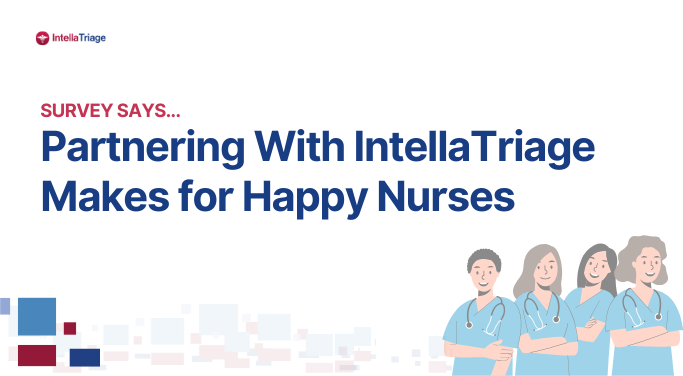Running a hospice agency requires a high level of skill. Countless moving pieces require constant upkeep, including patient satisfaction, family involvement, proper medical care, and medical records management. Recently, another issue has begun to plague hospice agencies across the country.
Hospice Nursing Staff Turnover Increases
Those who supervise hospice agencies appreciate the difficulties inherent to talent acquisition; anyone aware of the national nursing shortage understands this struggle. However, retention has recently become a more salient problem in the healthcare sector, even as the demand for hospice services increases.
According to a 2020 survey, the leaders of hospice agencies are more concerned about staffing issues than they are about their competition. This fear is founded in a sky-high turnover rate within the hospice nursing profession; the 2020 – 2021 statistics for those in this line of work indicate a staff turnover of over 22%. Why are hospice nurses leaving at such high rates?
The Cycle of Nurse Burnout in Hospice Agencies
Many supervisors may attribute increased turnover to the demanding job of hospice nursing. However, caring for patients isn’t the chief reason for staff departure. The real culprit plaguing hospice agencies is nurse burnout.
Burnout is defined as a result of chronic stress experienced in one’s profession. It first manifests as fatigue, a negative attitude, and emotional distance from one’s work. Over time, the symptoms of burnout worsen. This is when hospice agencies begin to note increased absenteeism and worsened work performance. Burnout is also responsible for a sharp decline in quality of care, which negatively impacts patient health and satisfaction.
What causes burnout? While the life-and-death nature of hospice care is a heavy burden, nurses actually report that workload and administrative demands contributed more to their burnout than witnessing death and dying. Staffing ratios and workload are among the top reasons that nurses choose to leave organizations.
If unaddressed, these stressors can result in a cycle of burnout: overworked nurses leave, resulting in staff shortages, which create even more unmanageable workloads.
The Hidden Burden of After-Hours Calls
One of the chief stressors faced by hospice nurses is after-hours call management. If a nurse is trying to focus on a home visit and is suddenly interrupted by another patient’s caregiver, they cannot provide adequate care to either party. The stress of repeated interruptions and the energy required to focus on multiple things at once both contribute significantly to nurse burnout.
The impact on patients, caregivers, and family members should also be considered. Those who are calling with important questions require the full attention of the hospice agency – the advice they receive could be life-changing. Reaching a nurse who is preoccupied can negatively impact their experience. Routing calls directly to hospice nurses in the field also affects the patient and family members currently being visited. They cannot receive their nurse’s undivided attention, which may result in errors, issues, or negative feelings about their experience.
The biggest mistake that hospice agencies make is simply routing calls to on-call nurses in the field, especially after hours. If agencies want to reduce nurse burnout, improve patient experience, and offer a higher quality of care, they should consider partnering with an after-hours nurse triage service.
After-Hours Nurse Triage: A Solution for Hospice Agencies
If hospice agencies seek to reduce staff turnover, the first step is improving quality of life for their nursing staff. This can be accomplished by reducing workloads and associated stressors. An after-hours nurse triage service lightens the load for your nurses, while also improving patient experience.
Our research shows that up to 80% of after-hours calls can be handled by a service like IntellaTriage. Our staff of registered nurses is available to provide experienced, evidence-based care based on top triage protocols. Unlike nurses who are called in the field, our triage team can quickly access patient medical records, medication profiles, and provider notes to inform their responses. They can also provide emotional support to caregivers and families at any hour of the day.
Partnering with an after-hours nurse triage service helps hospice agencies to:
- Improve nurse job satisfaction
- Reduce burnout
- Improve CAHPS scores
- Boost financial performance
- Improve patient and caregiver experience
- Recruit and retain top talent
Looking for After-Hours Nurse Triage Services?
IntellaTriage provides hospice agencies across the country with access to teams of licensed, registered nurses to manage after-hours calls. Each call will be handled as an extension of your agency, and the work of the call can be tailored to your preference.
Our nurses will field calls that would otherwise contribute to hospice nurse burnout. At the end of each interaction, IntellaTriage submits notes for the agency, nurses, and physician for next steps.
It is our mission to make after-hours care simple, affordable, and beneficial for patients, staff, and hospice agencies alike.Contact IntellaTriage for more information.
Contact Us for a Consultation
Ready to optimize your triage process? Reach out to us today for a consultation tailored to your needs. Let’s elevate your patient care together.
More From The Blog
In hospice care, nurse burnout is often treated like the weather: inevitable, unpredictable, and something we all just have to live with. But what if it isn’t? What if burnout isn’t just a symptom of emotional fatigue, but also a byproduct of structural design? A result of the way hospice teams are staffed, supported, and [...]
Survey Says… Partnering With IntellaTriage Makes for Happy Nurses In today’s competitive healthcare landscape, becoming the employer of choice is a strategic advantage. And if you’re in hospice or home health, your clinicians aren’t just looking for better pay. They’re looking for better balance. According to a recent survey of IntellaTriage clients, 96% say our [...]
Recent data breaches are once again highlighting the urgency of securing protected health information (PHI). In March 2025, Yale New Haven Health System disclosed that an unauthorized third party accessed the personal data of nearly 5.6 million patients. Around the same time, Kentucky’s Cumberland County Hospital suffered a breach affecting more than 36,000 individuals, including [...]









